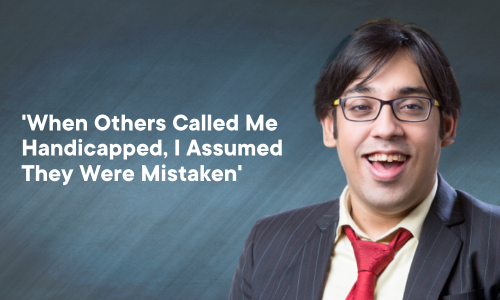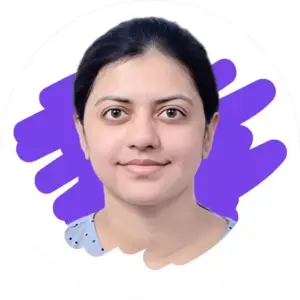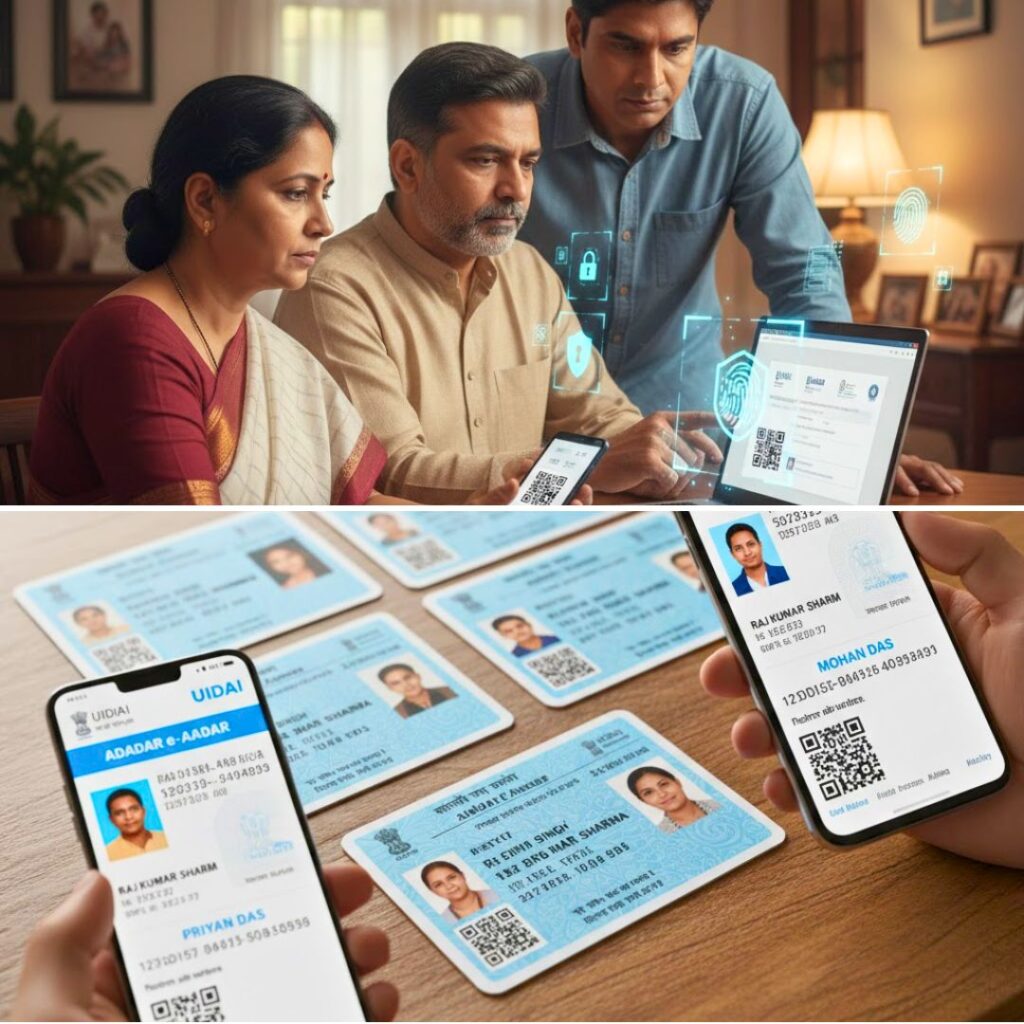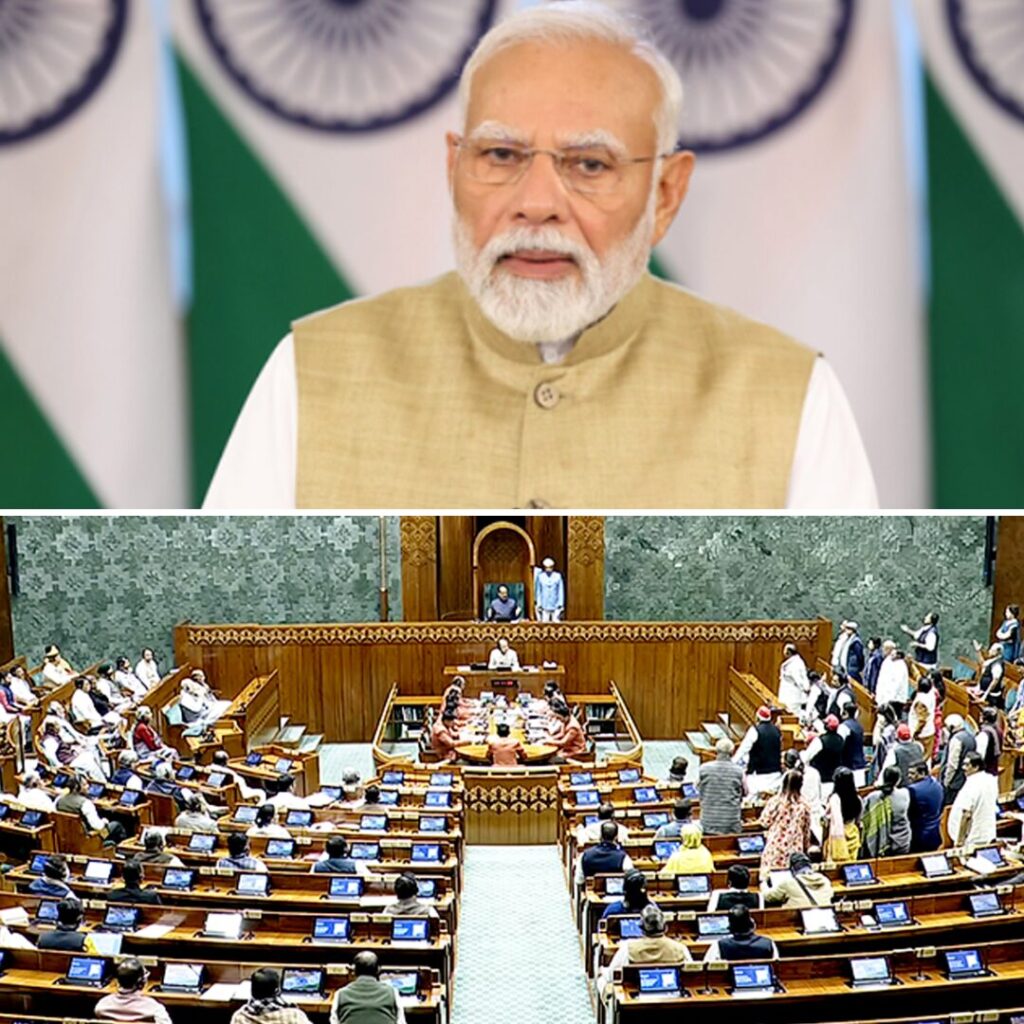I was born with cerebral palsy. Born with a 70 percent impairment, I am ‘obsessed’ with helping others, developing relationships, and learning what motivates individuals.
My parents had told me at a young age that I was born with a neurological disorder that causes poor motor skills, tight or weak muscles, and tremors, making basic movements uncomfortable and little chores time-consuming. It was difficult to understand what my condition was at a young age. However, my mother assured me that she would not let a disability define my life.
She was certain that I would be able to compete comfortably with my peers and pushed to have me admitted to one of Kolkata’s top schools. Growing up, I did not have many friends. I recall both my teachers and classmates mocking me and isolating me, either taunting me or doubting my abilities to advance intellectually.
While sitting in the class with my classmates, I began to doubt my reality. I used to be perplexed as to why people ignored me and why I couldn’t participate in sporting activities like basketball like others. During recess, I would watch my classmates play, knowing that I would never be able to join them. I was absurdly lonely, yet that solitude led to a love for reading and study, which my father supported. He would debate numerous topics with me at length.
As I grew older, I gained a greater awareness of my impairment and finally stopped caring about it. I believed I required nothing and possessed all the necessary talents to attain my goals. When others called me “handicapped,” I assumed they were mistaken.
My parents assisted me in realising my self-worth when I started college. This may explain why despite the stress of being humiliated in school, I was able to make friends and participate in activities at college. This is also the reason why I entered the PR profession.
When I was born, there were no strong laws protecting the disabled, so you can understand my mother’s dedication to fight for my education. She gave up her lucrative legal career to battle for my survival.
When I was younger, I underwent four operations, and every time I was wheeled into the operating room, the doctor told my mother that I might not live. She tackled every strange thing that came to her on her own, with very little help.
She was adamant about getting me into the greatest institutions possible, where I would be emotionally strengthened and instilled with the confidence to make a difference. She visited dozens of schools and spent hours persuading officials that I was cognitively equal to every other individual of my age.
I was admitted to one school. When someone there stared or inquired about my illness, she would carefully explain it to them. My father was also a strong supporter of mine and was the one who introduced me to the only pals I had at school: books. My parents are responsible for my knowledge and self-assurance. Beautiful lives can be shaped by true parental effort. I entered ICFAI Business School in Kolkata for a post-graduate course in management after graduating with a bachelor’s degree in business administration from Techno India Saltlake, where I received a 9.05 GPA.
I then went on to study at Jadavpur University for a post-graduate diploma in public communication, where I graduated near the top of my class. I have an MBA in Marketing from IBS Dehradun as well. My passion for studying drove me to gain several certifications and degrees.
Despite my accomplishments, I was unable to secure employment, and no business in Kolkata was willing to hire me due to my impairment. During interviews, individuals were less interested in how excellent I was at the job, my ideas, or my credentials. Even before I could speak a single word, their impression of me was formed the instant they laid eyes on me.
It isn’t their fault; the business world needs greater diversity and role models in the area of differently-abled people. Rather than wait for a job, I opted to create my own business and launched a public relations agency.
There is still a long way to go until the business sector properly knows what inclusion means. I wasn’t going to allow their ignorance to get the best of me. I needed to show that I could accomplish what everyone else could do and that my illness wasn’t a handicap so that someone else experiencing similar challenges may have hope.
That they could do what I do now, tomorrow and that just because you don’t fit into society’s concept of “normal” doesn’t mean you’re not good at your work or less than someone else. In retrospect, that was one of the finest moves I’ve ever made. Throughout my undergraduate and university years, I had developed relationships and networks. However, I was not yet free of discrimination and had some difficulties in the beginning.
I was turned down for jobs because people didn’t think I was up to the task. But I was convinced that it was time to move on. As a specially-abled entrepreneur, I believe it is critical to provide equitable chances to other handicapped people in the domains of work and business. I strive toward this aim by linking PwDs with organizations/companies that would be a good fit for them, as well as providing enough assistance and contacts for such aspiring entrepreneurs to realise their aspirations.
Due to my struggles, I was able to empathise with people and understand them on a deeper level. I became passionate about changing disability representation among the people. I was appointed as an SDG ambassador for disability and inclusion.
I struggled as a child to develop relationships with people while also attempting to understand why they acted the way they did. As a consequence, I gradually began to contact more individuals until I realised I could earn a living from it.
I’m striving to break down handicap stigmas and promote diversity through my work. We must go beyond symbolism and just raise awareness. We need a system of checks and balances to ensure that companies and educational institutions are abiding by the law. Construct infrastructure to assist the handicapped in getting around. We’ve been working out of our lives since we were young, so we’re more resilient and patient than you think.
If you too have an inspiring story to tell the world, send us your story at
mystory@thelogicalindian.com













